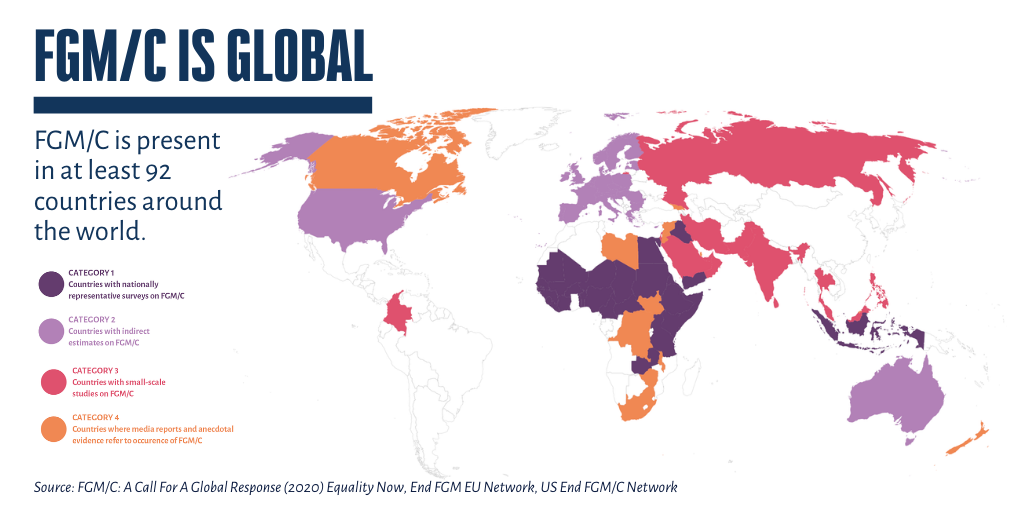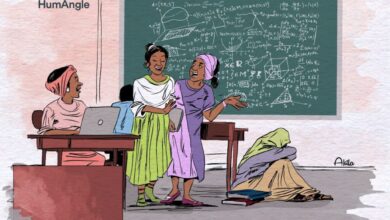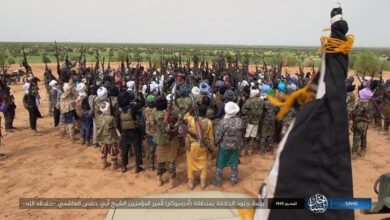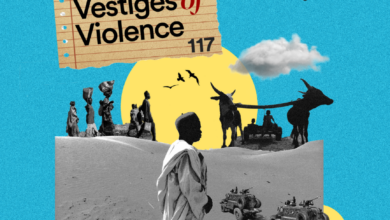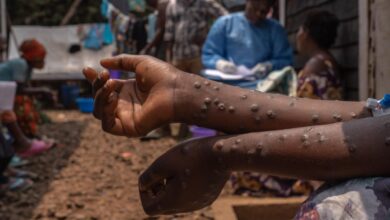COVID-19: More Girls Face FGM, Child Marriage Practices
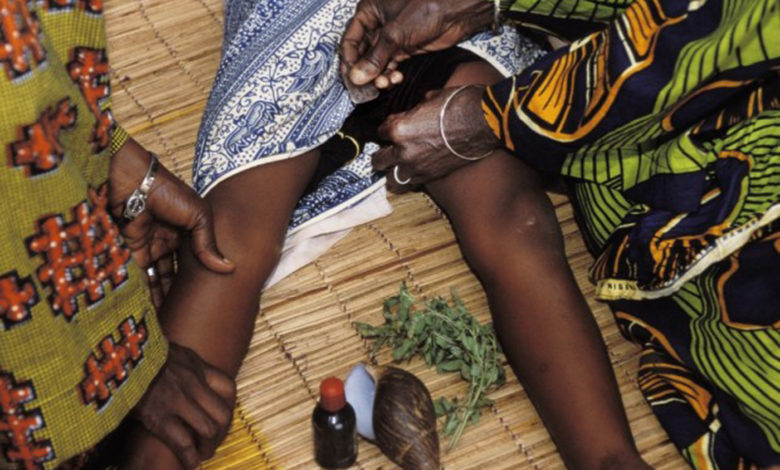
Women rights campaigners in Nigeria have raised concerns on the increasing practices of Female Genital Mutilation (FGM) practice and child marriage in the country.
Dr Lekan Awolola, a Consultant Gynaecologist whose material was shared at a recent webinar on COVID-19, child marriage and female genital mutilation described genital mutilation as a harmful practice.
The dialogue was organised Education as a Vaccine (EVA) with support from the United Nations Population Fund.
“There were increased reports of gender-based violence with women & girls are at a higher risk of being abused Girls are more likely to undergo female genital mutilation during this period,” Awolola said.
He noted that interventions targeted at curbing this harmful traditional practice have been stalled and reduced to only online engagements.
“This translates to more girls undergoing this harmful procedure,” the Gynaecologist said.
The Female Genital Mutilation causes complications such as recurrent urinary tract infections, cysts formation and infections, HIV/AIDS, Hepatitis B virus, tetanus, death from profuse bleeding and infections.
Awolola added that FGM also causes prolonged/obstructed labour, perineal tear during labour and prolonged hospitalization after delivery.
Sarbyen Sheni, the Program Officer, Advocacy and Policy-Influencing unit at Education as a Vaccine (EVA), an NGO said female genital mutilation is a violation of the right of the girlchild.
This form of gender-based violence is reinforced by a patriarchal society where women and girls cannot exercise rights over their bodies, Sheni told HumAngle in an interview.
On efforts to eradicate the practice, Sarbyen said a lot of sensitisation is going on by organisations like EVA, UNFPA, STOPthecut, value female network among others.
“ But more work needs to be done at the grassroots,” she said.
“Engage community leaders (religious leaders, women leaders, youth leaders)in dialogue over FGM. They are gatekeepers and many people in communities regard their opinions highly.”
She recommended the use of traditional media, radio, local television stations to host programs about FGM, enlightening the public about the ills and the need to end FGM in Nigeria.
“Also, the domestication and implementation of the violence against person prohibition act and the child rights act in all 36 states of the federation.”
The National Violence Against Persons Prohibition (VAPP) law bans the practice of FGM making it a federal offence and provides for proportionate penalties.
The VAPP Act applies within the Federal Capital Territory (FCT), Abuja. However, it still needs to be passed in each of the 36 states of the federation. While some states have passed the VAPP Act, others have not.
On November 25, 2019, a group of gender rights activists under the North Normal banner held rallies across Northern Nigeria, calling for the domestication of the VAPP Act.
In Nigeria, the prevalence of FGM in women aged 15–49 is 24.8 per cent, according to a study. Twenty million women and girls in Nigeria have undergone FGM, the study reveals. This represents 10 per cent of the global total.
“The highest prevalence is in South East and South West Zones.82% of women aged 15–49 who have undergone FGM were cut before the age of five”
The World Health Organization (WHO) describes FGM as all procedures which involve partial or total removal of the external female genitalia and/or injury to the female genital organs, whether for cultural or any other non-therapeutic reasons.
The process is recognized as a violation of human rights and constitutes an extreme form of discrimination against women.
Participants at the webinar agreed that COVID- 19 pandemic has also disrupted intervention projects and stalled access to reproductive health services.
Nigeria is reported to have the 11th highest prevalence of child marriage in the world, and the third-highest absolute number of women married or in a union before the age of 18 in the world.
EVA says the closure of schools due to the COVID-19 pandemic has increased the risk of child marriage.
“There is also the possibility that many girls will not return to school post-covid due to financial difficulties,” the organisation said.
Support Our Journalism
There are millions of ordinary people affected by conflict in Africa whose stories are missing in the mainstream media. HumAngle is determined to tell those challenging and under-reported stories, hoping that the people impacted by these conflicts will find the safety and security they deserve.
To ensure that we continue to provide public service coverage, we have a small favour to ask you. We want you to be part of our journalistic endeavour by contributing a token to us.
Your donation will further promote a robust, free, and independent media.
Donate Here
